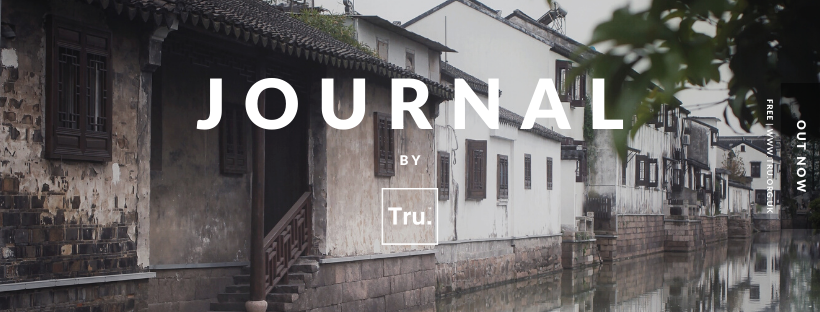Devastating Floods Hit China
- Jul 21, 2020
- 3 min read
Updated: Jan 13, 2021
Kate Byng-Hall investigates the environmental and humanitarian emergency taking place across China

Photo by Chi Chen
China has announced a state of national emergency of the second-highest level as it faces the most severe flooding for decades. 433 rivers across the southwest and east of the country are under flood alerts as a result of ‘once-in-two-centuries’ torrential rain which began in June.
Over the past weeks, thousands of troops have been deployed across the affected regions, using “wartime” measures to shore up flood defences as people panic that the floods could reach the severity of those seen in China in 1998, during which 2000 people died and three million houses were destroyed. 1.8 million people have been evacuated from their homes thus far.
Widespread Chaos
The extreme rainfall has led to 33 rivers in the country reaching record-breaking water levels. The Yangtze River, the largest in China, has reached its fourth-highest water level since records began.
The Three Gorges Dam, the infamous hydroelectric structure holding back billions of gallons of water across a stretch of the Yangtze River, narrowly avoided bursting by opening three of its floodgates when the water levels at the dam rose by 50 feet and the pressure on the walls reached a critical level.
Fourteen people were killed at the dam while using sandbags to build makeshift barriers. If the dam’s integrity had been compromised, the massive torrent of water released would have displaced and possibly killed millions of people, and destroyed countless architectural and archaeological sites.
Elsewhere, in Anhei province, the dam at Chu River was purposefully destroyed in order to lower water levels by 2 feet in the surrounding area. The water from the reservoir was filtered into two nearby storage ponds. Such tactics have not been seen since the 1998 floods.
You can support us with our mission to help people #stayinformed by joining us today from just £1pm. We are a start up charity.
Serious Repercussions
Concerns are being raised that continuation of such heavy rain could mean more flooding further downstream towards densely-populated metropolises like Wuhan, where residents are being told to stay in their homes due to the dangerous rainfall.
The consequences of the floods are also felt in the West, as delays in shipments from Chinese manufacturers means some PPE deliveries to the USA are arriving as much as three weeks behind schedule.
“It's just creating another major roadblock here in terms of PPE getting into the United States – it is the worst of times for it to happen but that's what we're dealing with right now” – Michael Einhorn, President of Dealmed, US medical supplier
Our annual publication highlights the challenges faced and the achievements we've made whilst aiming to set a precedent for the sentient, environmental and planetary needs of the future. All money raised is directed to socio-ethical impact and acknowledgement.
People’s Daily, the Chinese Communist Party’s daily newspaper, reported in April that the coronavirus pandemic put a strain on flood preparations, meaning the country was not as ready for heavy rainfall as it may have been otherwise. On top of this, many of the country’s smaller reservoirs were built in the 1960s and 70s, thus do not meet current constructions standards to withstand extreme weather.
As a result of the damage caused so far, China’s National Development and Reform Commission is sending £35 million in relief funds to affected areas. However, this amount has been criticised as being too small as the estimated damage caused directly by the floods is currently estimated at around £5.5 billion.
Scientists have suggested that climate change has most probably had a hand in the extreme weather which is causing these floods, but it’s yet to be seen whether this will have any effect on China’s approach to sustainability.
We are a socio-ethical impact charity advocating for topics that matter, whilst supporting wider planetary change and acknowledgement. A charitable initiative funded by readers like you. | To support our work and journalism, consider becoming an advocate from just £1.










Comments